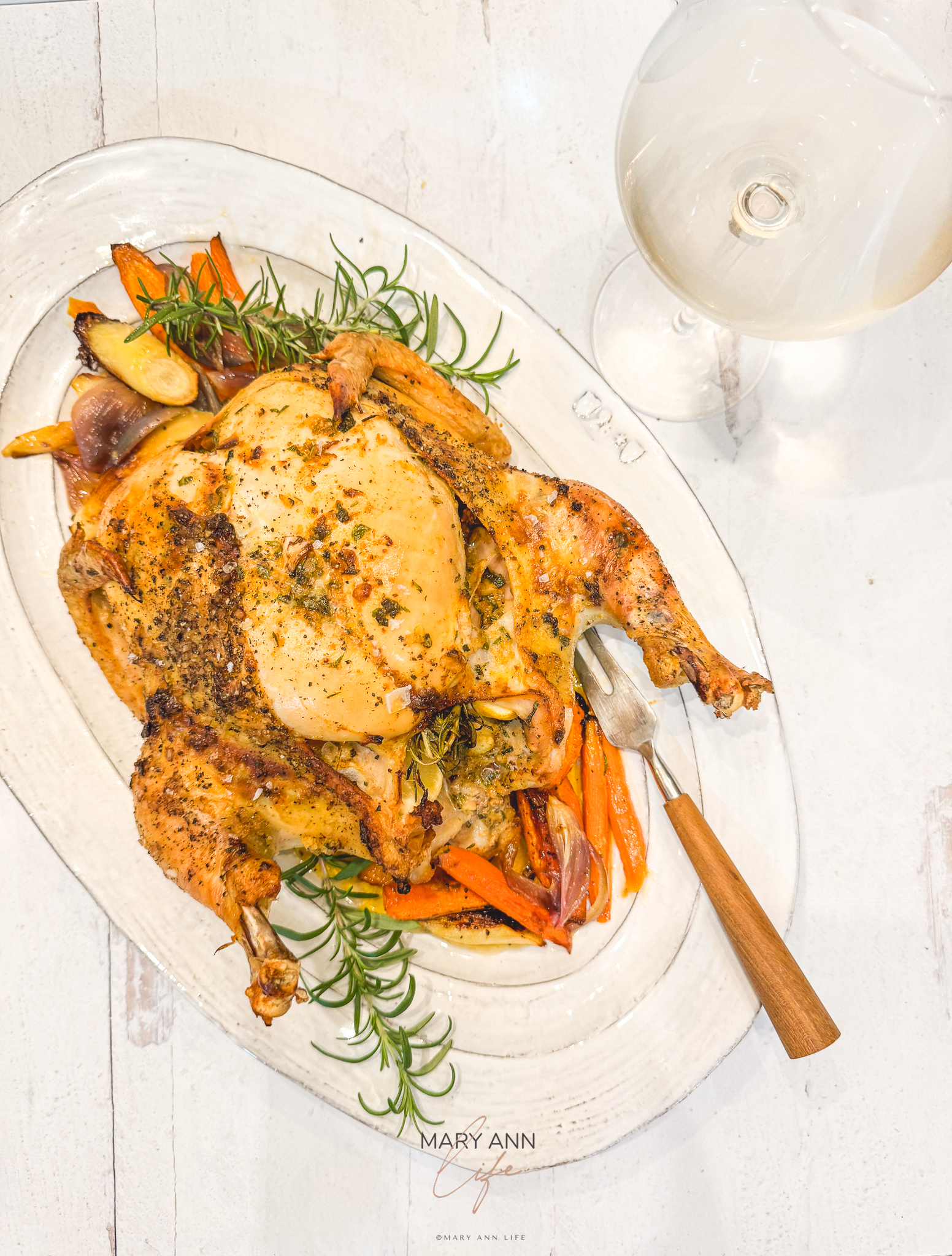Self-care is not selfish. You cannot serve from an empty vessel.Eleanor Brown
Are you tired of feeling like you constantly put others’ needs before your own? Do you yearn for a life that authentically reflects who you truly are? Look no further – it’s time to embark on a journey of self-discovery and embrace your needs unapologetically.
In this episode on the Really Personal Podcast, we delve into the power of self-fullness and its ability to create a more fulfilling, authentic life that aligns with your true values. Join us as we explore the difference between self-fullness and selfishness, the importance of prioritizing your needs, practical ways to practice self-fullness in everyday life, and the delicate balance of nurturing others while nurturing yourself.
By embracing self-fullness, you can unlock the potential for a more balanced and self-fulfilled life. Get ready to prioritize your needs and desires, unapologetically, and take the first step towards a life grounded in authenticity and fulfillment.
Understanding the Difference: Self-Fullness vs Selfishness
To truly embrace self-fullness and prioritize our needs, it’s essential to understand the distinction between self-fullness and selfishness. While the two may seem similar on the surface, they carry vastly different intentions and outcomes. Selfishness is rooted in a mindset of taking without consideration for others, often at the expense of their well-being. On the other hand, self-fullness encompasses a deeper awareness and understanding of our own needs, without neglecting or diminishing the needs of others.
Selfishness thrives on a scarcity mindset, believing that there is only a limited amount of happiness and success to go around. It operates from a place of fear, where one feels the need to grab and hoard whatever they can for themselves. In contrast, self-fullness springs from a mindset of abundance, recognizing that our needs can be met without depriving others. It acknowledges that fulfilling our own desires can actually contribute to our ability to serve and support others.
When we prioritize self-fullness, we align ourselves with a healthier sense of self. It allows us to establish boundaries and communicate our needs effectively, without guilt or resentment. By acknowledging and embracing our own desires, we inadvertently create space for personal growth and happiness, ultimately benefiting those around us.
However, it is important to note that self-fullness does not give us a license to disregard the needs and well-being of others in our pursuit of personal fulfillment. It is not about being self-absorbed or disregarding social responsibilities. Instead, self-fullness encourages us to strike a balance between nurturing ourselves and nurturing others. It emphasizes the importance of self-care as a means of replenishing our own energy, so that we may better show up for others.
In essence, self-fullness is a mindset that invites us to embrace our authentic selves, honoring our needs and desires while also fostering compassion and empathy for others. It is a delicate dance between self-prioritization and consideration for the well-being of those around us. By understanding this distinction, we can embark on a journey of self-discovery that fosters personal growth, fulfillment, and harmonious relationships.
The Power of Prioritizing Your Needs
However, it is important to note that self-fullness does not give us a license to disregard the needs and well-being of others in our pursuit of personal fulfillment. It is not about being self-absorbed or disregarding social responsibilities. Instead, self-fullness encourages us to strike a balance between nurturing ourselves and nurturing others. It emphasizes the importance of self-care as a means of replenishing our own energy, so that we may better show up for others.
In essence, self-fullness is a mindset that invites us to embrace our authentic selves, honoring our needs and desires while also fostering compassion and empathy for others. It is a delicate dance between self-prioritization and consideration for the well-being of those around us. By understanding this distinction, we can embark on a journey of self-discovery that fosters personal growth, fulfillment, and harmonious relationships.
With this understanding of self-fullness as a foundation, we can now explore practical ways to integrate it into our everyday lives. These practices will help us take concrete steps towards prioritizing our own needs, while still remaining mindful of others.

Ways to Practice Self-Fullness in Everyday Life
With this understanding of self-fullness as a foundation, we can now explore practical ways to integrate it into our everyday lives. These practices will help us take concrete steps towards prioritizing our own needs while still remaining mindful of others.
First and foremost, setting boundaries is crucial in practicing self-fullness. It means recognizing that it’s okay to say no, and understanding that our time and energy are valuable resources. By setting clear limits on what we can and cannot commit to, we can avoid burnout and ensure that we have enough energy to invest in ourselves and others.
Another way to practice self-fullness is by engaging in regular self-care activities. This can be as simple as carving out time each day for activities that replenish and recharge us. Whether it’s reading a few chapters of a book, taking a walk in nature, or indulging in a hobby we love, these moments of self-indulgence can have a profound impact on our overall well-being.
In addition, learning to embrace imperfection and letting go of the need for constant productivity is a key aspect of self-fullness. Allowing ourselves to take breaks, rest, and relax without guilt is essential for maintaining balance and preventing burnout. It’s important to remember that we don’t always have to be achieving or doing something to be valuable; sometimes, just being is enough.
Moreover, practicing self-compassion is vital to self-fullness. Treating ourselves with the same kindness and understanding we extend to others can help us embrace our imperfections and foster a sense of self-acceptance. By acknowledging that we are deserving of love and care, we can cultivate a healthy relationship with ourselves and ultimately enhance our relationships with others.
Lastly, incorporating mindfulness into our daily lives can greatly contribute to our practice of self-fullness. Taking the time to be fully present in the moment and to tune in to our physical, emotional, and mental states can help us identify our needs and respond to them in a timely manner. Being mindful also allows us to appreciate the small joys and experiences that often go unnoticed, adding a sense of fulfillment to our lives.
By implementing these practical strategies, we can strike a balance between self-prioritization and consideration for others, nourishing our own needs while fostering harmonious relationships. In the next section, we will further explore the importance of finding this equilibrium and nurturing others while nurturing ourselves.
Finding Balance: Nurturing Others While Nurturing Yourself
By implementing these practical strategies, we can strike a balance between self-prioritization and consideration for others, nourishing our own needs while fostering harmonious relationships. This delicate equilibrium lies at the heart of finding fulfillment in our lives.
As human beings, we are inherently wired to connect with others and derive satisfaction from supporting and nurturing those around us. It brings us joy to lend a helping hand, offer a listening ear, or provide a shoulder to lean on. However, in our quest to care for others, we often neglect our own well-being, putting their needs above our own.
Finding this balance between nurturing others and nurturing ourselves is crucial for our overall fulfillment. Just as the airplane safety demonstrations remind us to put on our own oxygen masks first before assisting others, we must prioritize our own self-care to be able to effectively support others. When we neglect our own needs, we risk burning out, becoming resentful, or losing touch with ourselves.
But how do we strike this balance? It starts with setting healthy boundaries and clearly communicating our limitations. We need to recognize that it is okay to say no when we feel overwhelmed or stretched too thin. By establishing boundaries, we create space for both ourselves and others, ensuring that we have the energy and capacity to give wholeheartedly when we choose to do so.
Taking time for ourselves is not a selfish act; it is an essential part of maintaining our physical, emotional, and mental well-being. Engaging in activities that recharge and replenish us ensures that we have the internal resources necessary to show up fully for others. Whether it’s dedicating time for self-reflection, pursuing hobbies and interests, or simply practicing self-care rituals, these actions help cultivate a healthy sense of self and strengthen our ability to support others in a meaningful way.
It is also important to remember that nurturing others while nurturing ourselves does not mean constantly sacrificing our own needs. It is about finding a middle ground where both our well-being and the well-being of others are taken into account. This may involve finding creative solutions, delegating tasks, or seeking support from others when necessary. By recognizing that we deserve care and nurturing as much as anyone else, we can create a more balanced and fulfilling life for ourselves and those around us.
In conclusion, embracing self-fullness is the key to unlocking a more authentic and fulfilling life. By understanding the difference between self-fullness and selfishness, prioritizing your needs, and practicing self-fullness in everyday life, you can find the balance between nurturing others and nurturing yourself. It’s time to unapologetically prioritize your needs and desires, taking the first step towards a more balanced and self-fulfilled life. As you incorporate these practices into your daily routine, remember the words of Eleanor Brown, who said, “Self-care is not selfish. You cannot serve from an empty vessel.” So fill your vessel with self-fullness and watch as your life becomes truly remarkable.











+ show Comments
- Hide Comments
add a comment